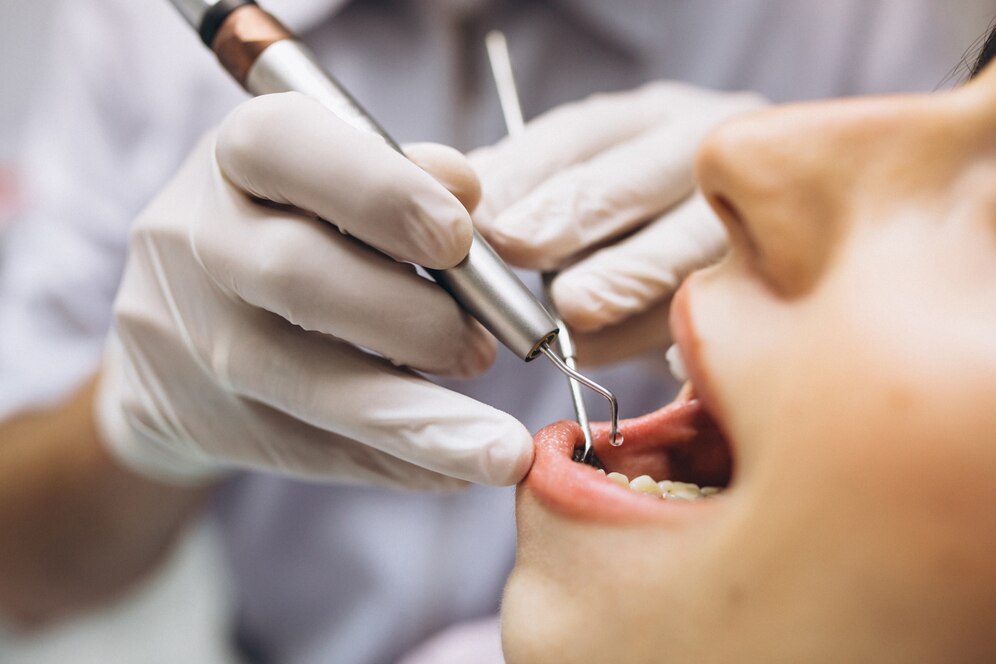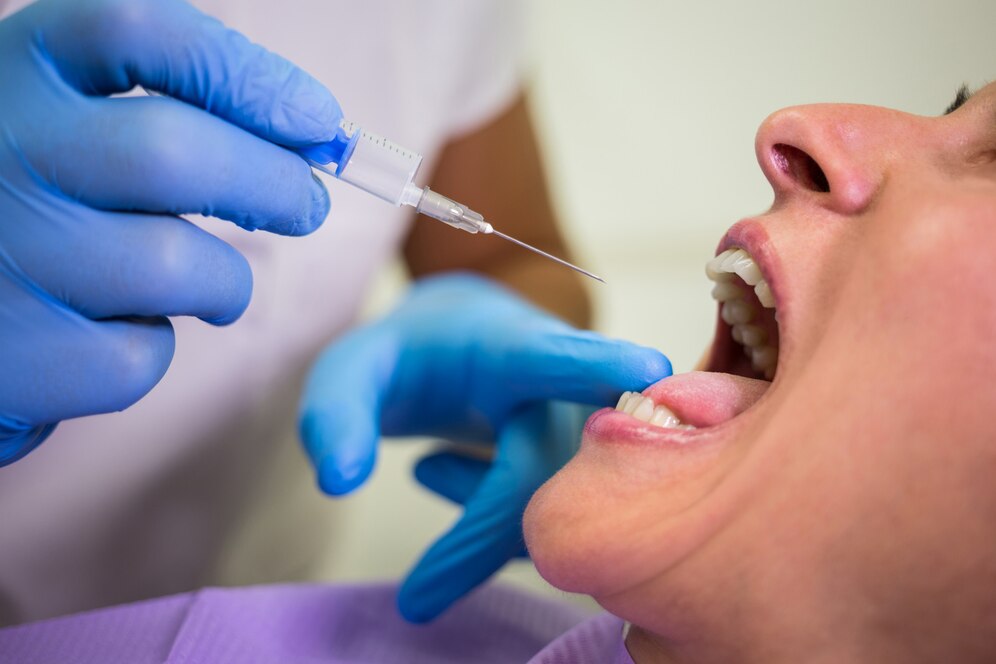

Regent Dental is the only practice on
the Isle of Man with an in-house
anesthetist. We can offer our patients
the option of Conscious sedation.
Conscious sedation is a safe and effective technique that helps patients relax during dental procedures. Unlike general anesthesia, it allows you to remain awake and responsive while feeling significantly more comfortable and at ease. This method is ideal for individuals who experience dental anxiety, have a low pain threshold, or require extensive treatments.
Reduces Anxiety and Stress: Feel at ease throughout your procedure.
Minimizes Discomfort and Pain: Enhanced comfort during treatments.
Allows for Efficient Treatment: Enables the dentist to perform multiple procedures in one visit.
Quick Recovery Time: Most patients recover quickly with minimal side effects.
Safe and Monitored: Administered by trained professionals to ensure your safety.
Nitrous Oxide (Laughing Gas) – A mild sedative inhaled through a mask to help you relax.
Oral Sedation – A prescribed sedative taken before your appointment to alleviate anxiety.
IV Sedation – Administered through a vein for a deeper state of relaxation while maintaining consciousness.

TMDs refer to a group of conditions affecting the temporomandibular joint (TMJ), which connects your jaw to your skull. These disorders can cause pain, discomfort, and dysfunction in the jaw muscles and joints.
Nightguards, also known as occlusal splints or bite guards, are dental appliances worn at night to help manage TMD symptoms.
How Nightguards Help:
Reduce Teeth Grinding (Bruxism): Nightguards create a barrier between the upper and lower teeth, preventing excessive wear and tear.
Relieve Jaw Tension: They help distribute bite forces more evenly, reducing strain on the TMJ.
Prevent Tooth Damage: By minimizing direct contact between teeth, nightguards protect against enamel erosion and fractures.
Improve Jaw Alignment: Some nightguards can be designed to adjust jaw positioning and relieve pressure on the TMJ.
Soft Nightguards – Best for mild cases of bruxism or occasional clenching.
Hard Nightguards – Made from rigid acrylic, these are more durable and provide better jaw stabilization for severe TMD cases.
Dual-Layer Nightguards – A combination of soft inner material and hard outer shell, offering comfort and protection.
If you experience TMD symptoms, a custom-fitted nightguard from a dentist is usually the best option. Over-the-counter options are available but may not provide the same level of comfort or effectiveness.
Dental emergencies can happen at any time, and when they do, we’re here to help. Whether you’re experiencing a severe toothache, a broken tooth, or another urgent issue, our team is ready to provide prompt and compassionate care.
Temporomandibular disorders (TMDs) refer to a group of conditions affecting the temporomandibular joint (TMJ), which connects the jaw to the skull. These disorders can cause pain, discomfort, and difficulty in jaw movement.
Common symptoms include: Jaw pain or tenderness, Clicking, popping, or grinding sounds when moving the jaw, Difficulty chewing or opening the mouth wide, Locking of the jaw, Ear pain or headaches, and Facial discomfort.
In some cases, mild TMD symptoms may resolve on their own. However, persistent pain or discomfort should be evaluated by a healthcare professional.
Seek medical advice if you experience:
Persistent jaw pain or stiffness
Limited mouth opening or locking
Clicking or popping sounds with pain
Frequent headaches or ear pain
A doctor or dentist will assess your symptoms, perform a physical examination, and may use imaging tests such as X-rays, CT scans, or MRI to evaluate the jaw joint.
Treatment options range from self-care and lifestyle changes to professional interventions, including:
Physical therapy
Medications such as pain relievers or muscle relaxants
Dental appliances like mouthguards
Surgery (in severe cases)
While some cases improve with treatment, chronic TMDs may require ongoing management. Early intervention and preventive measures can help reduce symptoms and improve quality of life.
If your dental implant feels loose or uncomfortable, it’s important to
schedule an emergency
appointment. We’ll assess the issue and provide the necessary
treatment to secure your impland


